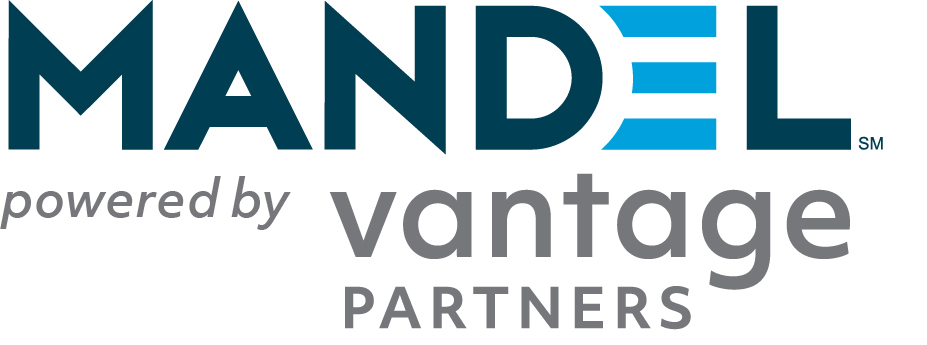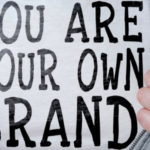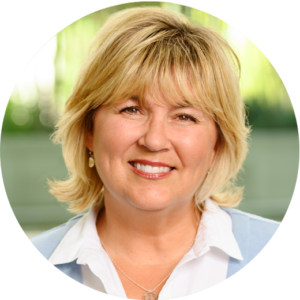I recently had a conversation with a good friend of mine that ended up surprising us both.
He was unhappy because he’d been passed over to lead a team on a project that was, as he put it, “right up my alley.”
Caught off guard by his reaction, I said, “I’m surprised you wanted it in the first place. I mean, I’ve never really thought of you as someone who’d want to be a project leader.”
“Why?” he said. “Don’t you think I could do it?”
“Yes, actually, I think you’d make a great project lead—it just never crossed my mind that you’d want to do that.”
Whether we know it or not, we all have a personal brand or reputation.
It’s the way that others see us.
How do people express their brand? By everything they do and say. The more consistent their words and actions, the stronger their brand.
Most people, like my friend, have little idea how others really see them.
Yet every time you’re in a meeting or you send an email or appear at an event, people are observing you and forming their own perception—not necessarily in a judgmental way.
They’re just forming an impression: Who are you? What do you do well? Are you someone they want to work with? Someone they can work with? Are you a leader, team player, and/or someone they can trust?
Building a brand means taking a good, hard look at yourself.
To discover your brand, take a good, hard look at how you fulfill four essential components of a personal brand:
- Your values: What is most important to you?
- Your skills: What do you do very well that sets you apart from others?
- Your dependability: Do you have a track record of doing what you say you will?
- Your empathy: How do you understand, value, and trust others?
Take a few notes that reflect your own assessment.
Here’s a tip: Where your brand bubbles to the top is when you lead and contribute to teams. So think about how you worked with others on the last three teams you were on.
From these notes, write down three words you think describe your personal brand. Possibilities might include hard-working, easy-going, creative, inspiring, patient, detail-oriented, loyal.
Next, go to a few trusted friends or colleagues and ask them what three words they would use to describe you and your work style.
This simple exercise will give you valuable information and answers to questions, like:
- How do others see me?
- Is it the same as how I see myself?
- Is it how I want to be seen?
- Are there differences in perceptions that I can address, to become the person I want to be?
Remember—your personal brand exists only in the eyes of others.
If they don’t see it as you do, ask yourself (and others) what you could do to build your skills and demonstrate your brand more clearly.
This process can be illuminating, inspiring, sometimes difficult, and oh-so-necessary if you truly want to realize your goals and potential both at work and at home.
Learn More
Building a strong personal brand is an element and priority in all Mandel Training. So much of your brand starts with what you say and how you say it, and that’s Mandel’s forte.
A person’s brand is especially critical when leading and contributing to successful teams. Things like; how well you inspire and earn the trust of fellow team members? Can create and deliver on a shared team vision? Keep others accountable, even when you don’t report to each other? Give effective feedback and recognition?
Build these crucial skills and more in Mandel’s Lead Without Authority Workshop.







